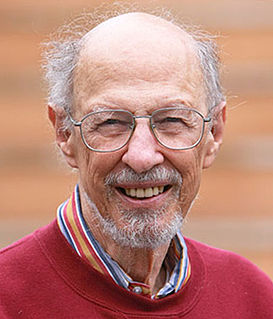A Quote by Thomas Sowell
Organizational progress parallels that in science and technology, permitting ultimate simplicity through intermediate complexity.
Related Quotes
The capacity to tolerate complexity and welcome contradiction, not the need for simplicity and certainty, is the attribute of an explorer. Centuries ago, when some people suspended their search for absolute truth and began instead to ask how things worked, modern science was born. Curiously, it was by abandoning the search for absolute truth that science began to make progress, opening the material universe to human exploration.
Technology for me is discover, learn, evolve and implement. It combines 3Ss- speed, simplicity and service. Technology is fast, technology is simple and technology is a brilliant way to serve people. It is also a great teacher. The more we learn about technology and the more we learn through technology, the better it is.
Simplicity is the ultimate sophistication. It takes a lot of hard work to make something simple, to truly understand the underlying challenges and come up with elegant solutions. [...] It's not just minimalism or the absence of clutter. It involves digging through the depth of complexity. To be truly simple, you have to go really deep. [...] You have to deeply understand the essence of a product in order to be able to get rid of the parts that are not essential.
One can truly say that the irresistible progress of natural science since the time of Galileo has made its first halt before the study of the higher parts of the brain, the organ of the most complicated relations of the animal to the external world. And it seems, and not without reason, that now is the really critical moment for natural science; for the brain, in its highest complexity-the human brain-which created and creates natural science, itself becomes the object of this science.





































